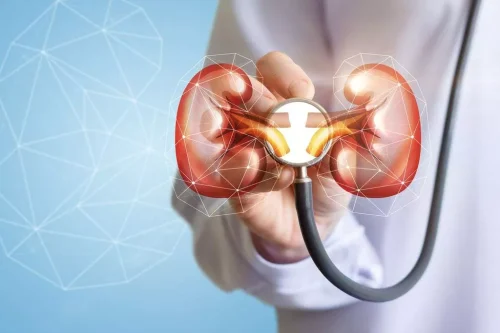Step 9 AA: When to Make Amends and When Not to FHE Health

Some people may be able to work through the steps relatively quickly, while others may take months or even years to complete the process. It’s important to remember that recovery is a lifelong journey and the 12 steps are simply one part of that journey. The third category should include the people who should not be contacted until a full and certain recovery has been achieved. This might include a child who could be disappointed if a recovery process results in a relapse. Last, the fourth category should separate out anyone to whom it is impossible to make amends, such as a person who has since passed away.
- The spiritual aspect of the mandate encourages the recovering individual to seek strength and guidance to do the right thing from a higher power and from the others engaged in the program.
- Or, they may gain greater insights about addiction and commit to being a more supportive person in your recovery.
- It’s the point where we acknowledge that our behaviors damage others beyond ourselves.
- Last, the fourth category should separate out anyone to whom it is impossible to make amends, such as a person who has since passed away.
- Spero Recovery Center is a peer-based residential recovery program.
Recovery Coaching
- After getting to know its principles, you may want to try the program, or include it as part of your post-rehab aftercare plan.
- Step 9 acknowledges that 12-Step amends aren’t necessary when making them places you or the other person in danger.
- Ideally, it should be done when the person is in a receptive state and ready to hear your apology.
- Apologies can only go so far in repairing past pain, but it’s a place where you need to begin to heal.
It’s important to be mentally prepared for different types of responses and to have a plan in place to manage these responses, which can be processed with a sponsor or support group. We are not tied to the old behaviors of our disease, or to our character defects. Although it sounds lofty, there are realistic, achievable ways to implement examples of making amends. If you promised your father to help him mow the lawn on Sundays, but years have passed, and you’ve never once shown up, start now. If you promised your son or daughter to be there to see them off to college, clean yourself up and show up.
Are There Alternatives to the Twelve Steps and AA?
- Family matters may be best addressed in a proper therapeutic setting when possible.
- Sometimes people need a break between Steps, sometimes people need to spend longer on one Step than another, some people never stop working the 12 Steps because they become part of life.
- It’s about making positive changes within yourself so that you don’t repeat old patterns of behavior that led to your broken relationships in the first place.
- Made a list of all persons we had harmed, and became willing to make amends to them all.
Step 3 involves putting yourself at the mercy of this higher power and moving forward for “Him” — or whatever your higher power may be — over the selfishness of addiction. This virtue is easy to understand when it comes to practicing it on a daily basis. In recovery, not every moment will be positive, but if you keep that hope and faith alive, you’ll come back out on the other side.

Work on your relationships
Step nine in Alcoholics Anonymous (AA) involves making direct amends to those harmed by one’s addiction, except when doing so would injure them or others. This step is crucial in the recovery process, as it helps individuals take responsibility for their actions and begin repairing the damage caused by their addiction. This living amends step, as well as every step in the 12-step process, is a time-tested aspect of addiction treatment.
Step 8: Love

In these cases, they make promises of cleaning up their act and changing their behaviors to their loved ones just before they die. One of the most common reasons people want to make living amends is to correct past wrongs. Living living amends amends bridges the gap between living in shame and regret and finding forgiveness. The length of time it takes to complete the 12 steps of a recovery program can vary greatly depending on the individual and their circumstances.
- Again, planning for negative outcomes when making amends and discussing these plans with a sponsor or support group can provide essential emotional preparation.
- In particular, he discusses how to heal when the person we need to make amends with is no longer living.
- At Silvermist Recovery Center, you can experience one on one care and a customized treatment plan.
- What are the 12 Principles of AA and how do they work in recovery?
Whether or not you’re intimately familiar with the Twelve Steps of AA, you’ve probably heard of Step Nine. Making Amends with Others has positioned itself in the public eye to a degree that many of the other eleven steps haven’t. That’s because it attempts to rectify the outward consequences of the disease.

Support Your Recovery

